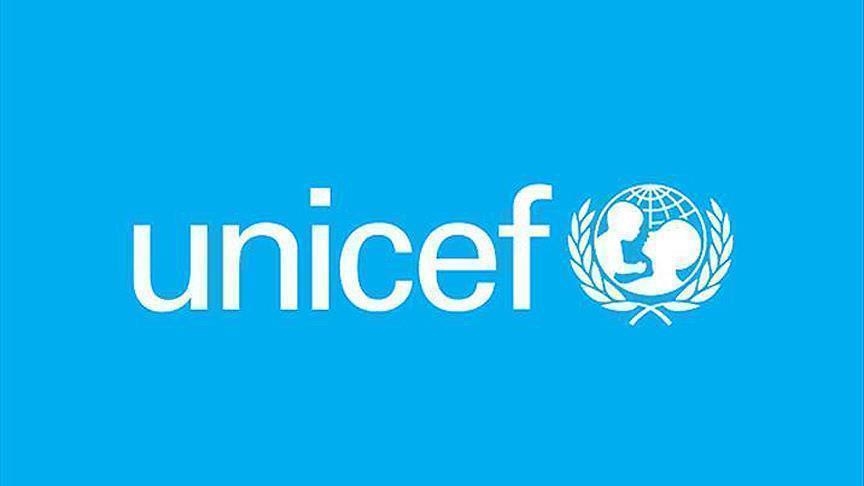The United Nations Children’s Fund (UNICEF), Thursday, said no fewer than 9.7 million Nigerian students are at the risk of never returning to school.
The UNICEF’s executive director, Catherine Russell, stated this in a goodwill message delivered at the launch of the Nigeria Learning Platform, an online mobile learning platform that will provide continuous education.
- Lagos flags off free anti-rabies vaccination campaign for pets
- 2023: Please support president of Igbo extraction, aspirant begs Nigerians
It was launched in collaboration with UNICEF, Microsoft and the Global Partnership for Education (GPE).
With the launch, Russell said Nigeria had joined 20 other countries in the world where the Learning Passport was reaching children with improved learning opportunities.
She said, “Before COVID-19, about 10.5 million Nigerian children aged between five and 14 were not in school. Today in Nigeria, more than 9.7 million children are at risk of never returning to school; their learning left behind.
“The Learning Passport can help change that by offering simple, easy and fun ways to learn, as well as tailor-made training programmes.
“By offering simple, easy and fun ways to learn, as well as tailor-made training programmes, the learning platform will help respond to the needs of every child.
“With online, offline and mobile options, it can help us reach the most vulnerable and marginalised learners.”
Vice President Yemi Osinbajo, at the event, said Nigeria was facing a lot of learning crises as millions of children and young people were not developing basic skills they needed to break out of poverty.
He said this had been exacerbated by the unprecedented restrictions to schooling than learning, high incessant security worries, the COVID-19 pandemic and recent attacks of different forms.
The vice president, represented by the minister of state for education, Chukwuemeka Nwajiuba, said there had been significant improvement in the sector, but that access to learning remained a big challenge.
He said, “Over the last decade, Nigeria has made great strides in improving access to education. In the last five years, pre-primary school participation has increased from 45 per cent to 61 per cent, primary enrollment has increased by five million. The rate of out of school children has decreased by 10 per cent from 42 per cent to 32 per cent.
“This launch set the foundation for creating a system of education where digital technology will be used to transform the way that learning is provided and meet the needs of every child. The NLP is an effective tool to ensure the continuity of learning through access to curriculum,” he said.
In his remark, the minister of education, Malam Adamu Adamu, represented by the acting permanent secretary, David Gende, said the platform would be an effective tool for learning in the country.

 Join Daily Trust WhatsApp Community For Quick Access To News and Happenings Around You.
Join Daily Trust WhatsApp Community For Quick Access To News and Happenings Around You.

